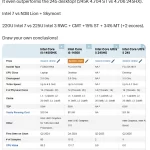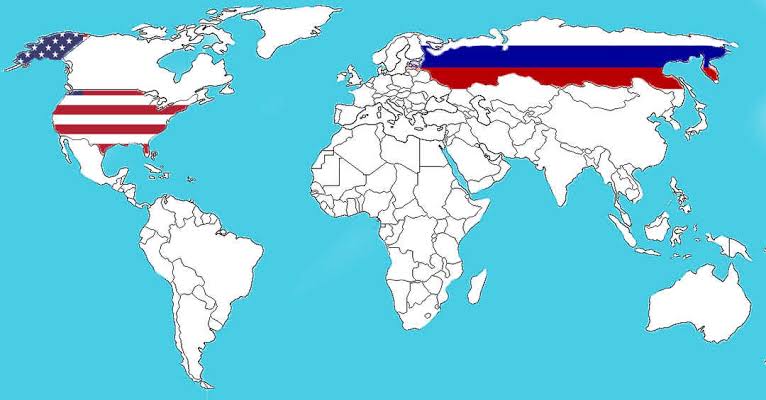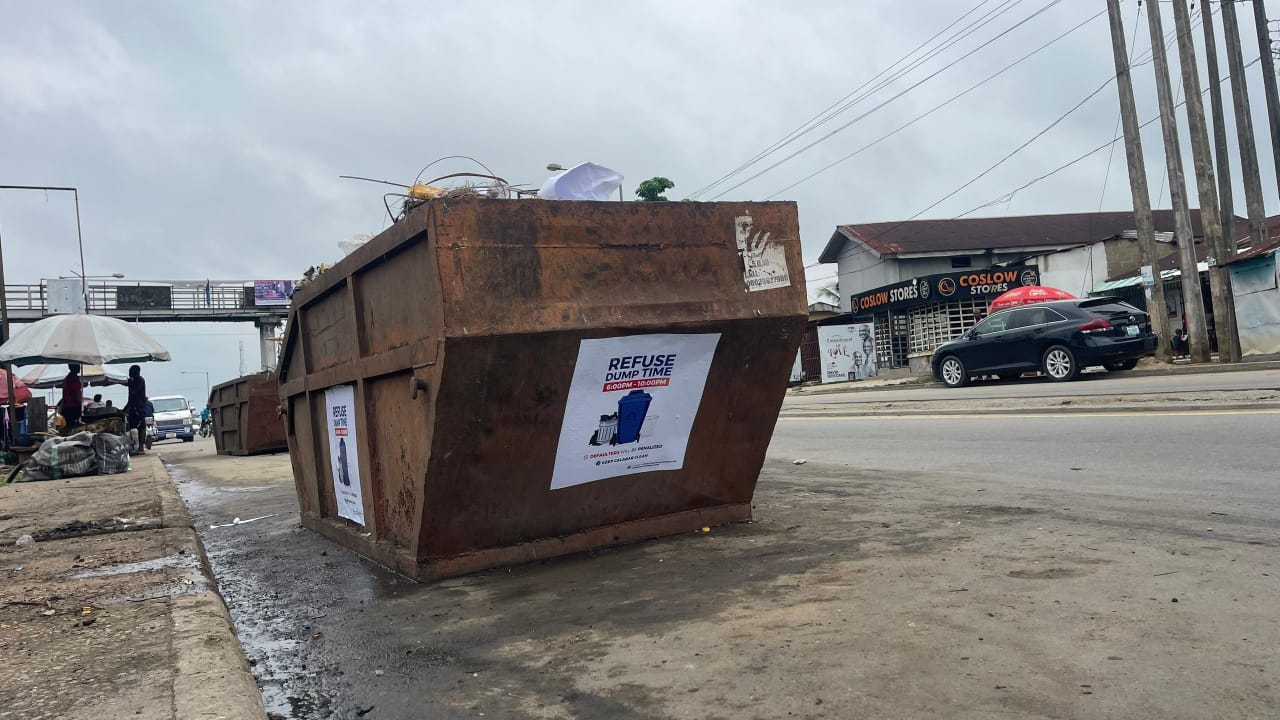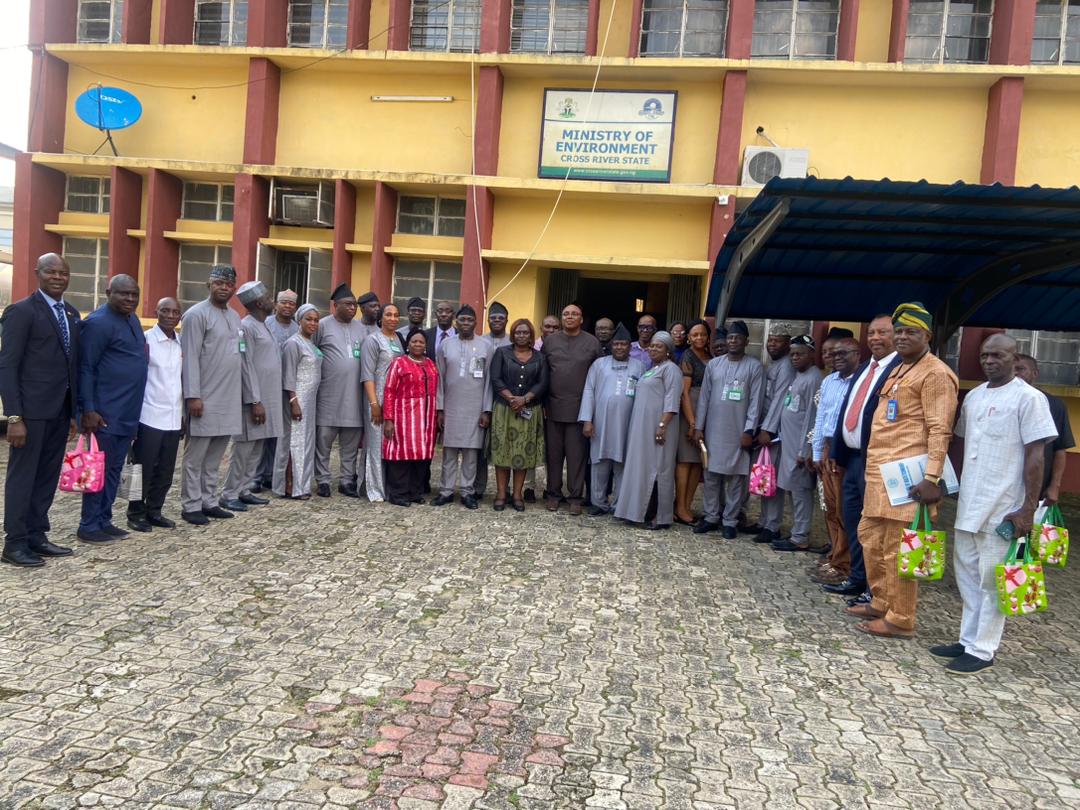The Processes
This is the fourth in the series of articles being written to advise the President of the federal republic of Nigeria on what must be done in order to grow the non-export volume to match and even surpass that of crude oil and gas exports. The focus of this article has to do with policies on the full automation of the non-exports clearance processes and this is aimed at growing non-oil export volume by increasing the speed of export clearance. This involves the complete elimination of any form of manual processes involved in the workflow of clearance of goods for export at the different airports, seaports and land borders in the country.
The important component of the policies of the government on the full automation of the non-exports clearance processes should include the full digitalization of the export process, investment in technology infrastructure, capacity building for the civil servants that will handle the implementation of the policy, collaboration with all the stakeholders in the non-export sector, reforms of the regulatory requirements, data protection and cybersecurity and continuous monitoring and evaluation of the process.
Digitalisation of the export process and documentation is an important policy component to improve the speed and efficiency of the export processes. Currently the digitalisation of the export process on the platform only covers the export declaration and approval by the banks. The payment and issuance of the receipt for the Nigeria Export Supervision Scheme, the issuance of the clean certificate of inspection by the pre-shipment inspection agent, the issuance of the single goods declaration form by customs, and the export documentation and approval of other government agencies like National Agency For Food and Drug Administration and Control, Nigeria Drug Law & Enforcement Agency, State Security Service are all still outside of this platform and largely manual.
There must be a deliberate policy of government to digitise these processes.
Another important component of government policies needed to improve the export processes is investment in technology infrastructure needed to drive the digitalisation. These include electronic data interchange that allows electronic exchange of trade related documents, customs information systems to have a handshake with the current export declaration platform and thus eliminate manual upload of customs approval, single window systems for trade to enable exporter to electronically submit all documents to all the relevant government agencies and get swift response, risk management systems to analyse data and identify risks in trade transactions thereby enabling customs target high-risks shipments for inspection, e-certification systems which enables the issuance and verification of certificates of origin, sanitary and phytosanitary certificates etc.
The next component to be covered by the policy of government to improve the export process is the capacity building for the civil servants that will handle the implementation of the policy. Since everyone performs to the level of the knowledge and understanding, training the personnel of the government on the streamlined process of exportation them becomes very important. This component of the policy should done periodically and should not only covers capacity building on how to use the digitalised process, it should also cover the importance and urgency of export transactions and the implications of delays in export transactions on the export business and economy at large.
One of the very critical components of the government policy on export processes is the facilitation of collaboration with all the stakeholders in the non-export sector. This is very important to prevent the sabotaging of the process by any of the stakeholders. To foster collaboration among the stakeholders, there must be a standing committee that periodically report the president on the issues, challenges and progress being made in the non-oil export sector. It is also very important that the members of this committee be drawn from both the public and private sectors organizations that are directly or indirectly involved in the export process.
There is a common characteristic of most government agencies that regulate the private sector and this involves designing and implementing reforms without the involvement of the private sector. Even when they engage the private sector, the goal is to force their reforms down the throat of the private sector. This explains the reason why many government reforms do not work and in some cases counterproductive. Therefore the components of the policy that involves reforms of the regulatory requirements must be agreed by the standing committee before implementation. A situation where a government agency like NAFDAC unilaterally Implements a regulatory requirement when it does not yet have the capability to handle volume of demand in all its locations across the country, thereby slowing down the export process, should not be allowed.
READ ALSO: What President Tinubu must do to grow Nigeria’s non-oil export (3)
The digitalisation of the export process creates a new problem which the government policy on export process must cover and that is data protection and cybersecurity. Therefore, the government policy needs to cover data privacy regulations to govern data collection, processing and transfer, encryption standards to secure sensitive data, access control to limit access to export data to authorized personnel only, secured communication protocol to transmit export data in a secured manner, incident response plan to follow in case of data breach or cybersecurity incident, vendor management to ensure that third party vendor adhere strictly cybersecurity best practices, regular audit and assessment to evaluate the effectiveness of data protection, data retention policy to ensure that securely stored data are archived appropriately and securely disposed, continuous monitoring to detect any suspicious behavior.
To ensure that the government policy on export process achieve the desired goal, the policy needs to cover continuous monitoring and evaluation of the process. This should include a clear objective, key performance indicator, data collection method, frequency of monitoring, roles and responsibilities, data analysis and interpretation, reporting mechanism, feedback mechanism, actionable recommendations and continuous improvement.
Finally, I strongly believe that if the policies suggested in this write up can be given consideration with necessary modifications and implementation, it will help the respective governments agencies to achieve the objective of growing the non-oil export sector to become a major foreign exchange earner for the country.
Support PREMIUM TIMES’ journalism of integrity and credibility
At Premium Times, we firmly believe in the importance of high-quality journalism. Recognizing that not everyone can afford costly news subscriptions, we are dedicated to delivering meticulously researched, fact-checked news that remains freely accessible to all.
Whether you turn to Premium Times for daily updates, in-depth investigations into pressing national issues, or entertaining trending stories, we value your readership.
It’s essential to acknowledge that news production incurs expenses, and we take pride in never placing our stories behind a prohibitive paywall.
Would you consider supporting us with a modest contribution on a monthly basis to help maintain our commitment to free, accessible news?
Make Contribution
TEXT AD: Call Willie – +2348098788999

© Premium Times









